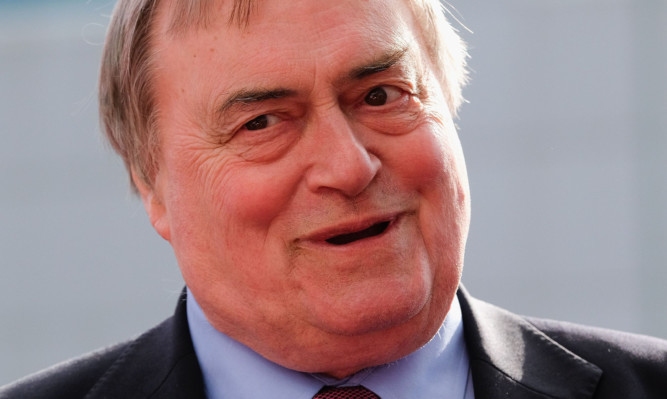The chairman of the Iraq inquiry must be hauled before Parliament if he refuses to swiftly publish the findings, John Prescott has said.
Sir John Chilcot has faced intense criticism over the delayed publication of the report into the invasion but has so far refused to speed up its release.
Lord Prescott, who served as deputy prime minister under Tony Blair, said the length of time the investigation was taking was a “disgrace”.
He called on Sir John to put the report out now, even if some of the witnesses object.
In his Sunday Mirror column, the Labour peer said: “I was one of the last people to give evidence in 2010 to the Chilcot Inquiry into the Iraq War.
“Five years later we’re still waiting for the report. And it’s a disgrace.”
He added: “I have been involved in a number of inquiries where those who gave evidence were given the right of consultation before the publication of the report, which is only fair. But five years and waiting is an unacceptably long period. It’s an insult to the families of men and women who gave their lives for their country.”
The delay in publication has been a growing source of frustration for Prime Minister David Cameron who has demanded a timetable for publication be set out “pretty soon”.
Sir John insisted last month that his inquiry – launched in 2009 – was making “significant progress”, although he could not set a date for the publication of his findings.
Much of the anger over the delay is focused on the so-called “Maxwellisation” process, which gives the opportunity to individuals facing possible criticism in the report to respond.
Lord Prescott wrote: “I believe as a participant in the inquiry that Sir John Chilcot should now publish his report even if there are objections from some of the witnesses. They have every right to put their case after publication.
“It is right that such independent inquiries should not be directly interfered with by Government or party leaders. However, since parliament endorsed the use of British troops in the Iraq invasion, costing the lives of many people, it should be possible for parliament to order its publication.
“If Sir John refuses, parliament should demand he appear to explain his reasons and put forward the statements of those who dispute the conclusions. These could then be put into the report and the public allowed to judge for themselves.
“I say publish and be damned. I want it, the families want it and so does the rest of the country.”
